Iraqi Kurdistan rejects federal ruling over oil delivery to Baghdad amid dealings with Israel
The judicial council of Iraq’s Kurdistan has vehemently opposed a ruling from the Iraqi federal court to hand over the region’s crude supplies to the central government in Baghdad amid secret dealings with Israel.
In February, Iraq's federal court deemed an oil and gas law regulating the oil industry in Iraqi Kurdistan unconstitutional and demanded that Kurdish authorities hand over their crude supplies.
Kurdistan’s judicial council said in a statement on Saturday that the region's oil law would remain in force and will not change.
"The actions of the Kurdistan Regional Government (KRG) in relation to oil and gas operations are in accordance with the Iraqi constitution of 2005. The provisions of the oil and gas law issued by the parliament of the Kurdistan region in 2007 do not violate those of the Iraqi Constitution," the statement said.
The statement said Article 112 of the Iraqi constitution, announced in August 2005, granted the Iraqi government supervision over Kurdistan's oil and gas fields operating at that time, but the fields that started commercial production after that date did not apply to this article.
The judicial council of Iraq’s Kurdistan also claimed that the entire oil and gas fields currently operating in the region had started commercial production after August 2005.
The KRG, which has been developing oil and gas resources independently of the federal government, enacted in 2007 its own law establishing the directives by which the region would administer those resources.
The ruling from Iraq's federal court in February also stated that the country’s oil ministry must be allowed to audit all agreements concluded by the KRG with international oil and gas companies.
Kurdish leader Masoud Barzani criticized the ruling at the time as a “purely political” decision aimed to antagonize the KRG.
The Iraqi government and the KRG have been in a long-standing dispute over Baghdad’s share of Kurdish petrol, with the Iraqi government demanding full control of the region’s crude for years.
Under a deal between the two sides, the Kurdish region delivers 250,000 of its more than 400,000 barrels of daily oil output to Baghdad, in return for its share of the federal budget.
Over the past years, multiple reports have revealed that Iraqi Kurdistan is secretly selling oil to Israel at heavily discounted prices and that more than two-thirds of the occupying regime’s oil has been imported from the Kurdistan Regional Government.
London-based Al-Araby Al-Jadeed newspaper said in a report in March 2019 that Israel was buying significant amounts of Iraqi oil from certain parties and “mafias” in the Kurdistan region for prices as low as $16 or $17 dollars.
British daily the Financial Times had earlier reported that Israel had obtained 75 percent of its oil supplies from Iraqi Kurdistan.
Kurdistan’s secret dealings with Israel, which also include the region’s reported cooperation with the Israeli spy agency Mossad, come as Iraq’s parliament has recently passed a law making it illegal for the country to ever normalize its relations with the Tel Aviv regime.
The passage of the law cemented the Arab country’s invariable and age-old policy of refusing to recognize the occupying regime.
Moreover, forces from the regional Kurdish government are involved in the seizure of oil wells in northern Iraq, with state-run North Oil Company reporting in May that Peshmerga forces had occupied some oil fields in Kirkuk region.
Kirkuk’s oilfields had been under Kurdish control since 2014, when the Iraqi army collapsed in the face of Daesh. Iraqi forces took back control of the fields in 2017 following a referendum on Kurdish secession.
Iran posed no imminent threat to US: Pentagon tells Congress
Iran will hold no negotiations with US: Larijani
Despite Leader's martyrdom, Islamic Republic firmly in control and punishing the enemy
At least 31 killed in Israeli aggression on southern Lebanon after Hezbollah strikes
Iran writes to UN, warns about dire consequences for perpetrators following Leader's martyrdom
Hezbollah strikes occupied Haifa in retaliation for Leader's assassination
Ansarullah mourns Leader's martyrdom as 'great loss' caused by 'most wretched terrorists'
Hezbollah offers condolences to Iranian nation over Leader’s martyrdom


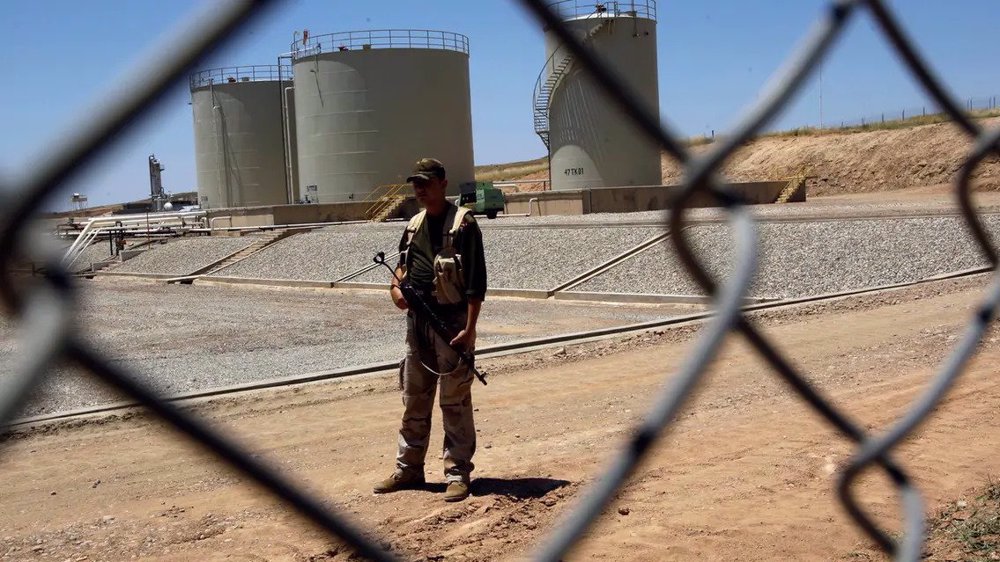
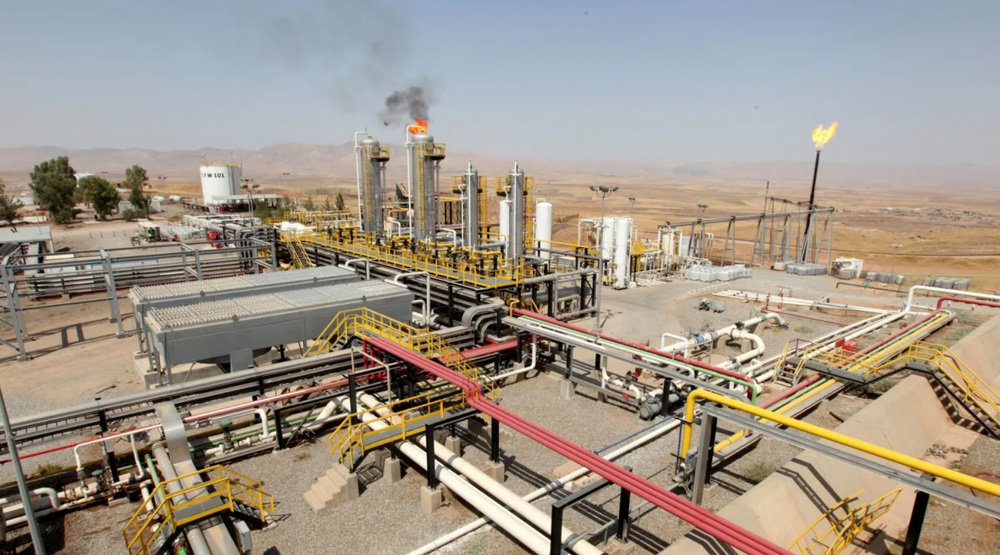
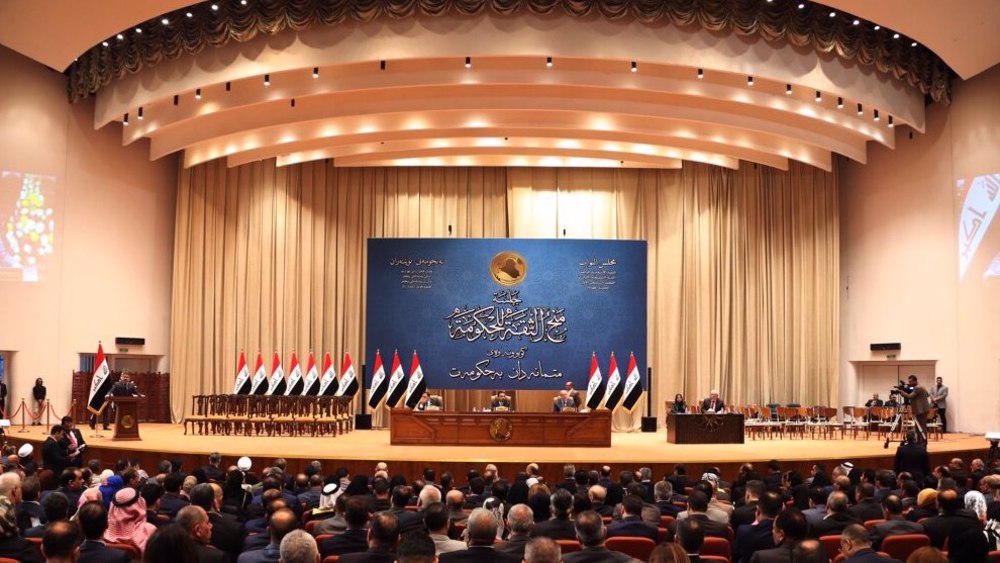
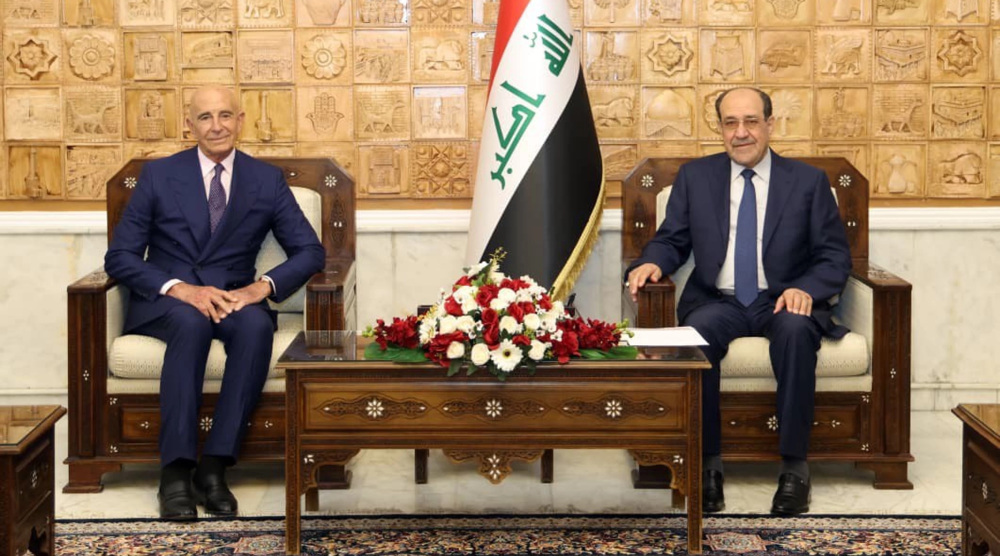
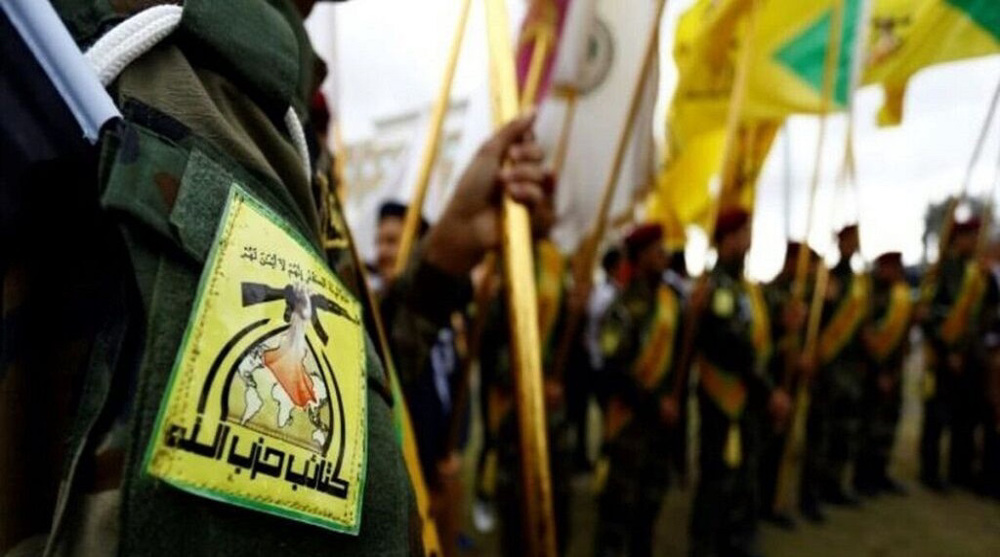





 This makes it easy to access the Press TV website
This makes it easy to access the Press TV website